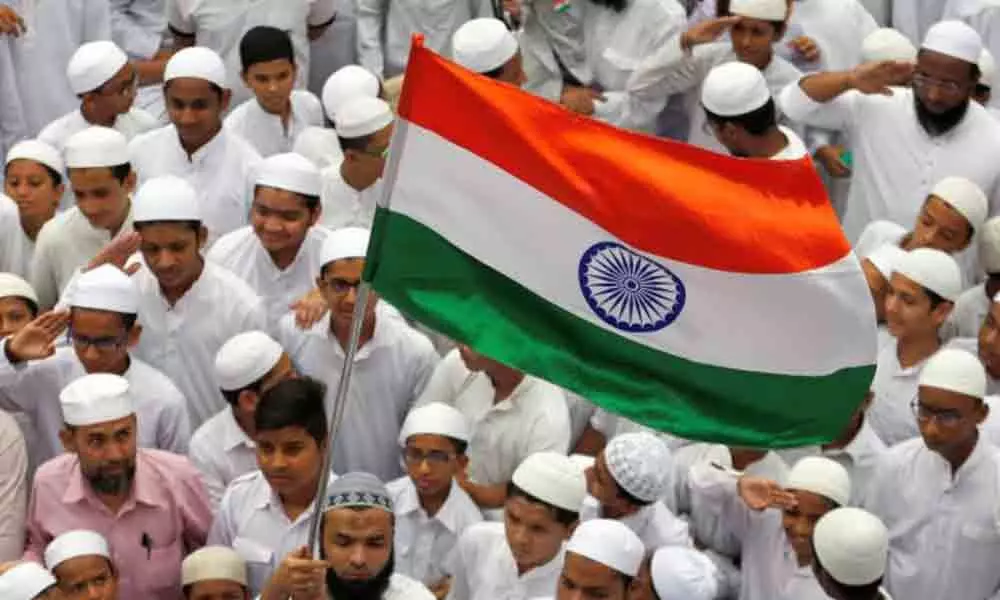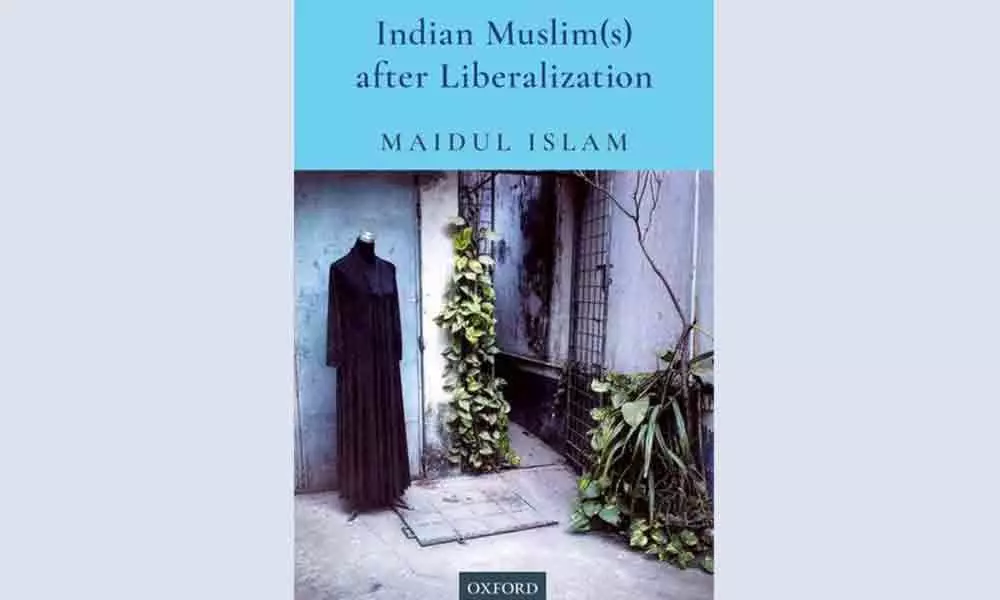Live
- Centre keen to promote traditional crop varieties for climate-resilient agriculture
- Activist Harassed and Attacked While Documenting Elephant’s Ordeal at Tamil Nadu Temple
- BJP Accuses Congress of Incorrect India Map on Posters, Slams 'Mohabbat ki Dukaan' for Appeasing China
- DIGIDHAN Mission driving India’s leadership role in digital payments: Finance Ministry
- KLH Bachupally Campus Students Showcase Outstanding Athletic Talent and Achievements
- ITC HOTELS’ OPEN WELCOM HOTEL JABALPUR IN MADHYA PRADESH
- Hyundai IONIQ 5 takes part in GUINNESS WORLD RECORDS™ title for the Greatest altitude change by an electric car
- Xiaomi Pad 7 India Launch on January 10: Expected Price, Specifications, Features, and More
- Muzigal launches its State-of-the-art Music Academy in Miyapur, Hyderabad.
- AP Weather Alert: Meteorological Department Issues Rain Warning for Next 2 Days










